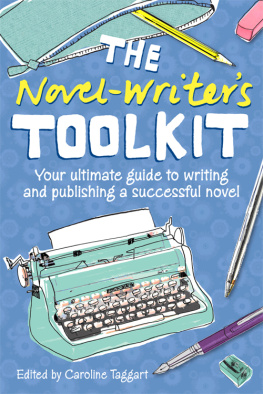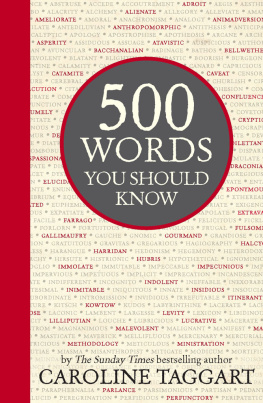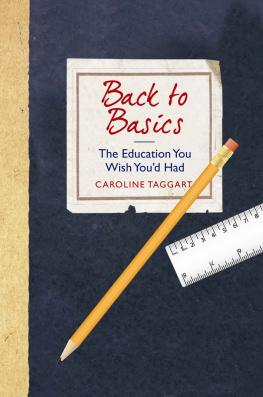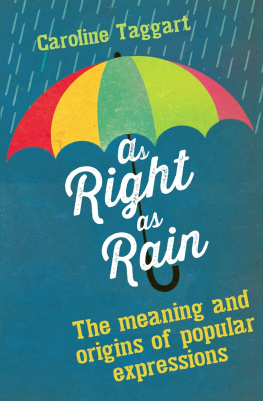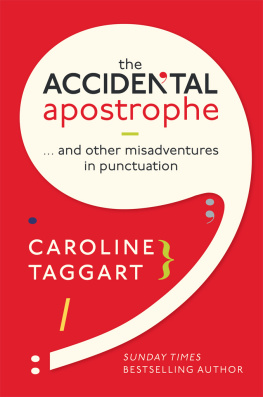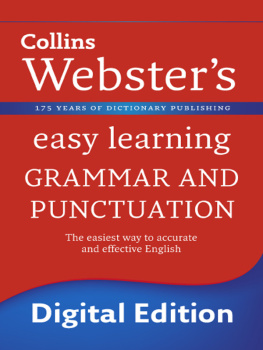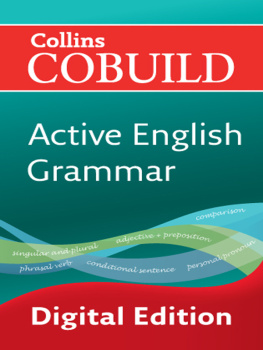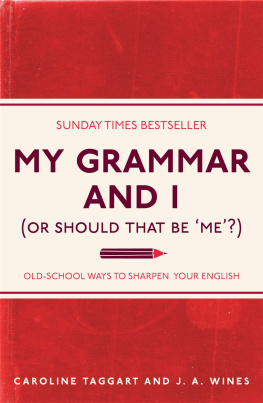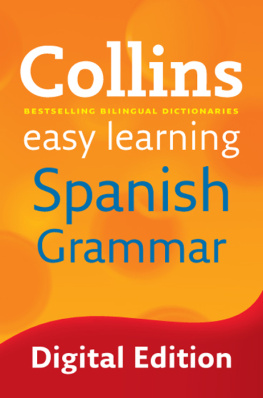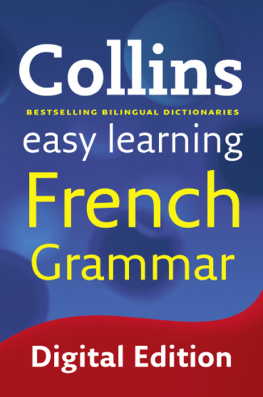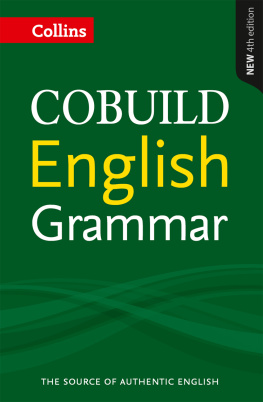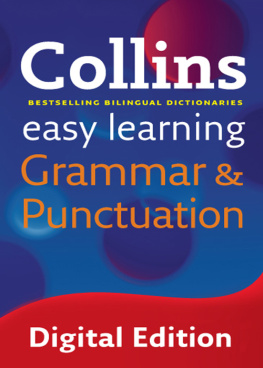Published by Collins
An imprint of HarperCollins Publishers
Westerhill Road
Bishopbriggs
Glasgow
G64 2QT
First Edition 2014
Caroline Taggart 2014
eBook Edition August 2014 ISBN 978-0-00-759131-2
Version: 2014-09-08
www.harpercollins.co.uk
A catalogue record for this book is available from the British Library
All rights reserved under International and Pan-American Copyright Conventions. By payment of the required fees, you have been granted the non-exclusive, non-transferable right to access and read the text of this e-book on screen. No part of this text may be reproduced, transmitted, downloaded, decompiled, reverse engineered, or stored in or introduced into any information storage and retrieval system, in any form or by any means, whether electronic or mechanical, now known or hereinafter invented, without the express written permission of HarperCollins.
All rights reserved. No part of this book may be reproduced, stored in a retrieval system, or transmitted in any form or by any means, electronic, mechanical, photocopying, recording or otherwise, without the prior permission in writing of the Publisher.
This book is sold subject to the conditions that it shall not, by way of trade or otherwise, be lent, re-sold, hired out or otherwise circulated without the Publishers prior consent in any form of binding or cover other than that in which it is published and without a similar condition including this condition being imposed on the subsequent purchaser.
Entered words that we have reason to believe constitute trademarks have been designated as such. However, neither the presence nor absence of such designation should be regarded as affecting the legal status of any trademark.
HarperCollins does not warrant that www.collins.co.uk or any other website mentioned in this title will be provided uninterrupted, that any website will be error free, that defects will be corrected, or that the website or the server that makes it available are free of viruses or bugs. For full terms and conditions please refer to the site terms provided on the website.
If you would like to comment on any aspect of this book, please contact us at the above address or online.
E-mail:
Author
Caroline Taggart
Let me let you in on a secret. Or, in fact, several dozen of them. Some of them are the absolute basics of grammar, some are subtleties and a few are ways of working round a problem when the correct answer is tricky. These Grammar Secrets are what this book is all about. It points out a number of common errors and explains why they are wrong, and it tells us when we need to be meticulous and what we can be a bit more relaxed about.
Its a sad fact that lots of us are scared of grammar, and for a very good reason: we were never taught it. At some point in the twentieth century, some bright spark decided that we didnt need to study our own language, so grammar disappeared from the school curriculum. It led to a whole generation having a vague feeling that The boy done good wasnt quite right, without understanding why, and to another generation being in danger of not thinking there was anything wrong with it at all.
This is, to put it mildly, a shame. Its a shame because language, used well, is beautiful. Its the reason we admire the plays of Shakespeare and Stoppard, read the novels of Austen and Tolkien, or laugh at Gavin and Stacey and The Simpsons. Language, used well, is also effective. It tells people what we mean without our having to say, Well, you know what I mean.
This may not matter much on a day-to-day basis, because people we are chatting to in person, online and in texts probably do know what we mean. But it does matter when we come to write down something that is longer than 140 characters or speak to someone in a formal setting. It matters in school projects, job applications, business reports, presentations, legal documents and much more. It matters because, rightly or wrongly, people judge us on the way we speak and write. Given that, as the saying goes, we have only one chance to make a first impression, we need to be able to make that impression clearly, accurately and unambiguously.
Those are a few reasons for learning grammar. But perhaps its also worth clarifying what it is.
The strict definition of grammar has words like syntax and morphology in it, so lets not go there. Lets content ourselves with saying it is the structure of a language, the rules that govern the way a language works. It tells us what job a word is performing, how it relates to other words and how to put groups of words together to form sentences. It shows us how moving a single word from one position to another, or adding or omitting a comma, can change the meaning entirely. Yes, it involves rules. It involves learning what is right, what is wrong and what may be acceptable in one situation but not in another.
Whether we want to learn grammar from scratch or brush up skills we havent thought about lately; whether we want to write a letter, take part in a debate or just express a coherent opinion, Grammar Secrets will help us on our way. And heres another secret: it doesnt have to be scary. It can even be quite fun.
Caroline Taggart is the author of a number of successful books about language, including My Grammar and I (or should that be Me?), co-written with J. A. Wines, Her Ladyships Guide to the Queens English and 500 Words You Should Know. Her first book, I Used To Know That was a Sunday Times bestseller; more recently she has written The Book of English Place Names, The Book of London Place Names and, after travelling the country to sample local delicacies, A Slice of Britain: Around the Country by Cake. Her website is carolinetaggart.co.uk and she tweets at @CiTaggart.
Grammar
Secrets
Lets start with the way words work: the various tasks they perform that allow us to put a sentence together.
The car rolled relentlessly down the long drive and it crashed into the newly pruned hedge. Help!
Those two lines contain examples of all the different parts of speech that is, the categories into which words are divided according to their function in a sentence. If you include the interjections and the articles or determiners (which not all experts do), there are nine of them. Well go into more detail later, but these are the basics of what they do:
Noun
A naming word; one that gives a name to a person, thing or concept. Name, person, thing and concept are all nouns. As, in our sample sentence, are car, drive and hedge.
Pronoun
A word, often a very short one, that stands in place of a noun, so that you dont have to repeat the noun over and over again. In the example above, it refers back to the car.
Verb
The action or doing word: it tells you what is happening in the sentence, and because a verb may be in the present, past or future tense (or variations on that theme) it also tells you when it happened. Rolled and crashed are both verbs in the past tense.
Adjective
Adjectives modify or qualify nouns or pronouns, telling us something specific about the person, thing or concept that they denote. In this example, long gives us information about the drive and pruned describes the hedge.
Adverb
Like adjectives, adverbs are modifiers, but their role is to modify verbs, adjectives and other adverbs. How did the car roll? It rolled


